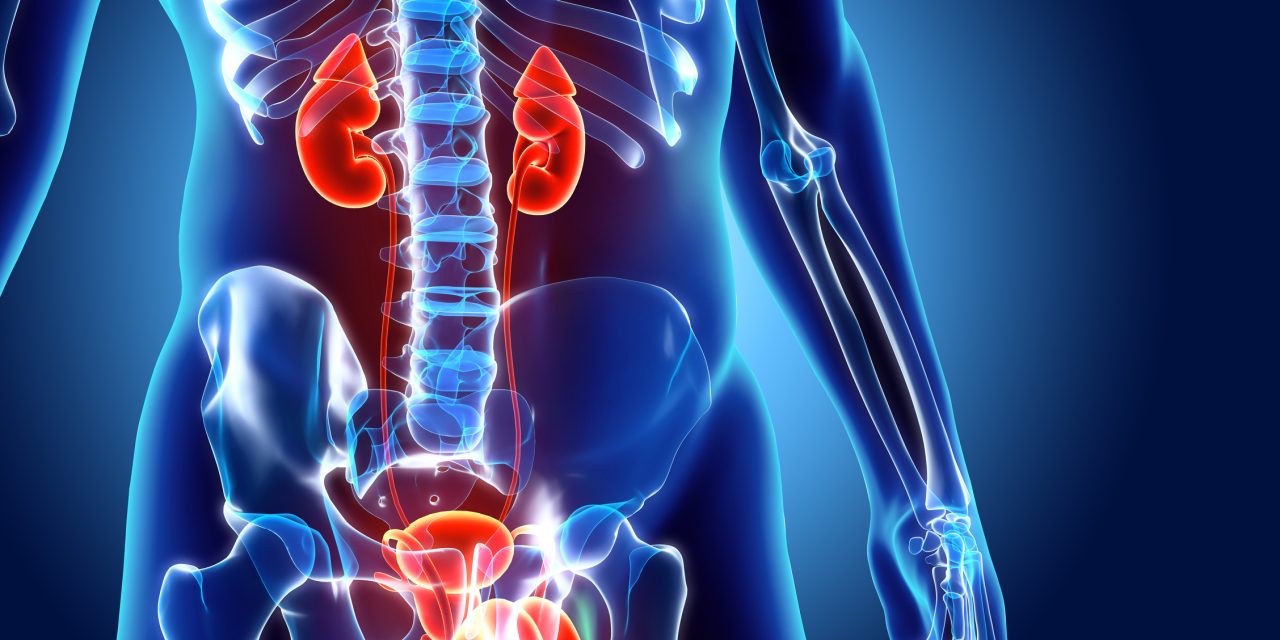The bacteria, Escherichia coli (E. coli) and Klebsiella pneumoniae (K. pneumoniae), are the main reasons for urinary tract infections (UTIs). This research aimed to investigate the isolation of etiologic agents from patients with UTI; it also investigates the antibiotic resistance activities and incidence of ESBL genes between different clinical separates of uropathogenic E. coli, determining their association with ESBL genes.
The study enrolled 1000 positive growth isolates. The predominant pathogen associated with urinary tract infection, Gram-negative, were the main isolates from UTI patients, including E. coli, K. pneumoniae, Pseudomonas aeruginosa, Proteus mirabilis, Staphylococcus aureus and Enterococcus faecalis.
Among suspicious cases of urinary tract infection, we showed that 15.2% of the patients had UTI, and female patients in the childbearing age group were more affected. 644 E. coli (64.4%) and 322 (32.2%) K. pneumoniae were more isolated. Among 936 (93.6%) ESBL producing bacteria, 614 (61.4 %) E. coli showedhigh resistance to the antibiotics, Cefotaxime (85.7 %), Cefepime (85.7 %), Ciprofloxacin (83.1 %) and Kanamycin (77.9 %). Most ESBL-producing K. pneumoniae were multidrug-resistant (MDR). Nitrofurantoin, gentamycin, and imipenem were the most effective antibiotics for ESBL-producing E. coli isolates.
This study shows that the high rates of MDR Escherichia coli infection in our hospital were frequentative reasons for UTI. Nitrofurantoin and aminoglycosides were the most beneficial first-line drugs to be applied in the cases of UTI. It is recommended to conduct regular investigations on the drug resistance of all isolates and formulate helpful antibiotic treatment policies in China. It is important to determine the prevalence of ESBL in urine E. coli and K. pneumoniae isolates because it has a great influence on the selection of suitable antibacterial agents. In short, more than half of ESBL producers have multiple drug resistance (MDR).
Copyright© Bentham Science Publishers; For any queries, please email at epub@benthamscience.net.
Evolution of the Antimicrobial resistance of Bacteria causing Urinary Tract Infections.


